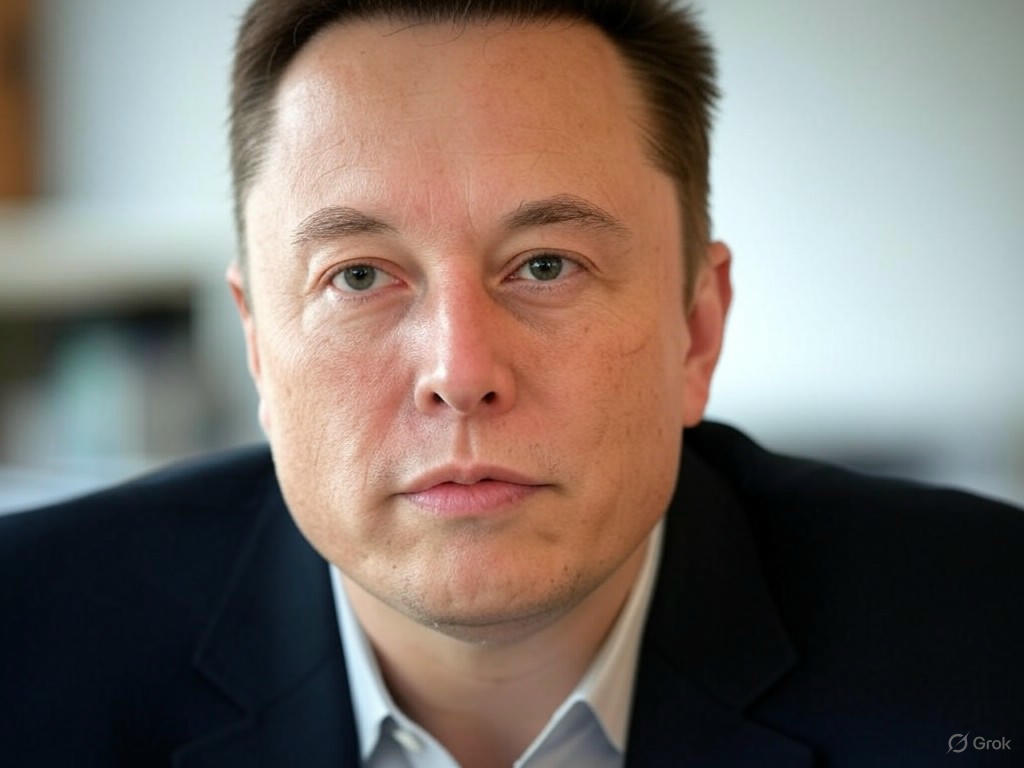In a flurry of fiery posts on social media, tech billionaire Elon Musk has taken a bold stand against a controversial bill backed by former President Donald Trump. Musk, known for his unfiltered opinions and massive online following, has dubbed the legislation a threat to innovation and personal freedoms, rallying his supporters to ‘kill the bill’ before it gains traction. His outspoken criticism has reignited debates about the intersection of politics, technology, and individual rights, drawing both praise and backlash from across the spectrum.
Over the past few days, Musk has used his platform to dissect what he perceives as flaws in the proposed legislation. While specifics of the bill remain under wraps in public discourse, Musk’s posts suggest it could impose stringent regulations on tech companies or limit free expression online—issues close to his heart as the owner of a major social media network. He argues that such a law would stifle creativity and give the government undue control over digital spaces, a concern that resonates with many of his followers who value the internet as a bastion of open dialogue. Musk’s hashtag, #KillTheBill, has quickly trended, amplifying his message to millions worldwide and turning a niche political issue into a viral talking point.
This isn’t the first time Musk has clashed with political figures or policies. His history of challenging authority, whether through critiques of government overreach or his advocacy for deregulation, paints him as a maverick unafraid to wield his influence. Critics, however, question whether his opposition is rooted in genuine concern for the public or in protecting his own business interests. Some political analysts suggest that Musk’s outspokenness could be a strategic move to sway public opinion and pressure lawmakers, given his significant stake in industries often under legislative scrutiny. Others see it as a reflection of his libertarian leanings, a philosophy that often puts him at odds with traditional political agendas, including those associated with Trump’s camp.
The timing of Musk’s social media barrage is noteworthy, as it comes amid heightened political tensions and discussions about the role of big tech in shaping modern society. His posts have sparked a broader conversation about how much power tech moguls should have in influencing policy and whether their platforms amplify or distort democratic processes. Supporters of the bill, though less vocal in this instance, argue that regulations are necessary to curb misinformation and ensure accountability in digital spaces—an argument Musk vehemently opposes.
As the debate unfolds, Elon Musk’s relentless campaign against the bill shows no signs of slowing down. Whether his efforts will sway lawmakers or simply fuel more polarization remains to be seen. For now, his voice continues to echo across the digital landscape, a reminder of the growing influence of tech titans in political arenas. This clash between innovation and regulation is likely just the beginning of a much larger battle over the future of freedom and control in the online world.
